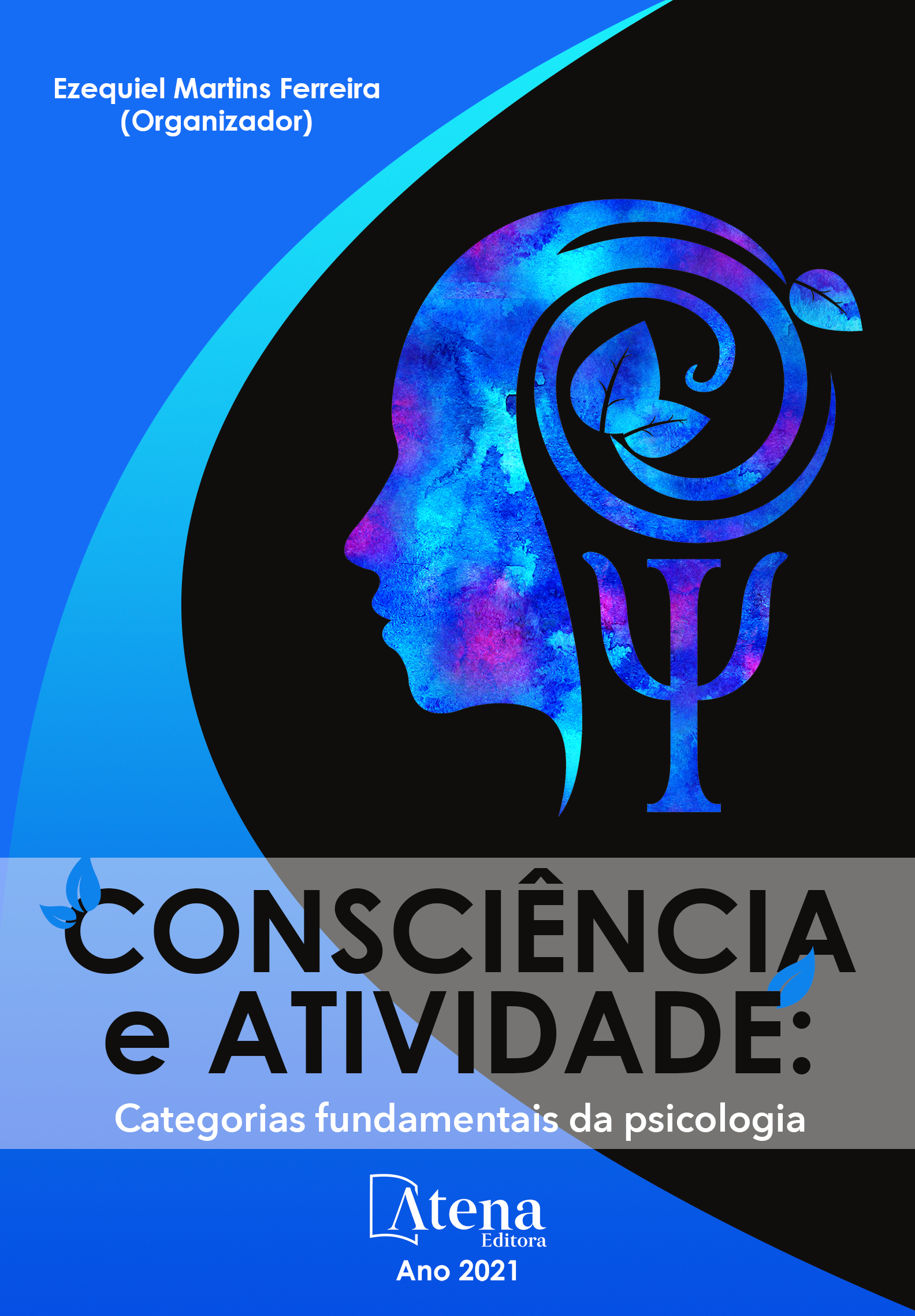
LEITURA PARA CÃES: UMA PRÁTICA PEDAGÓGICA E TERAPÊUTICA COM CRIANÇAS EM AMBIENTE ESCOLAR
A prática pedagógica de leitura para cães está vinculada à Educação Assistida por Animais (EAA) e vem expandindo-se em vários países através de programas, órgãos não governamentais e escolas. Porém, no Brasil são reduzidos os fomentos de estudo e de implementação dessa prática, principalmente em ambiente escolar. Em se tratando da pesquisa, ela é qualitativa de cunho exploratório descritiva com o objetivo de conhecer as percepções de quatro crianças de duas turmas de 4º ano de uma escola municipal do interior do RS, acerca da leitura mediada por cães. Ademais, procura descrever sobre as interações das crianças com os animais, com foco em suas reações e comportamentos durante as atividades de leitura, assim como as potencialidades e desafios da utilização da EAA acerca da leitura mediada por cães co-terapeutas. A estrutura teórica entrelaça os autores Vygotsky e Wallon, assim como estudiosos das Intervenções Assistidas por Animais (IAAs). O referencial teórico discute a importância das interações sociais, das mediações e do desenvolvimento integral do ser humano através de uma aprendizagem conduzida pela afetividade e propõe reflexão sobre a relevância da EAA no ambiente escolar. Infere-se que através do estudo que as crianças se perceberam confiantes na prática de leitura pelo prazer proporcionado ao lerem para os cães, além de considerarem os cães co-terapeutas como potenciais motivadores no processo de leitura e mediadores nas aproximações sociais. EAA promoveu importantes benefícios no desenvolvimento cognitivo, social, emocional e na qualidade para saúde mental. Contudo, a prática pedagógica de leitura para cães co-terapeutas possui potencialidades terapêuticas e de aprendizagem, pois em todo seu processo dinâmico de realização ofereceu benefícios que oportunizou a qualidade na saúde mental das crianças, sendo os cães também conceituados como oxigenadores sociais por contagiar o ambiente com emoções de bem-estar.
LEITURA PARA CÃES: UMA PRÁTICA PEDAGÓGICA E TERAPÊUTICA COM CRIANÇAS EM AMBIENTE ESCOLAR
-
DOI: 10.22533/at.ed.41521300611
-
Palavras-chave: Leitura para cães, EAA no ambiente escolar, Saúde mental.
-
Keywords: Reading to dogs, AAE in the school environment, Mental health.
-
Abstract:
The pedagogical practice of reading to dogs is linked to Animal-Assisted Education (AAE) and has been expanding in several countries through programs, non-governmental organizations, and schools. However, in Brazil there are few incentives to study and implement this practice, especially in the school environment. As for the research, it is qualitative of exploratory descriptive nature with the objective of knowing the perceptions of four children from two 4th grade classes in a municipal school in the contryside of RS, about the reading mediated by dogs. Futhermore, it seeks to describe the interactions of the children with animals, focusing on their reactions and behaviors during the reading activities, as well as the potentialities and challenges of the use of AAE about the reading mediated by co-therapy dogs. The theoretical framework interweaves the authors Vygotsky and Wallon, as well as scholars of Animal-Assisted Interventions (AAI). The theoretical framework discusses the importance of social interactions, mediations, and the integral development of the human being through learning conducted by affectivity, and proposes reflection on the relevance of AAE in the school environment. It is inferred through the study that the children felt confident in the practice of reading because of the pleasure provided by reading to dogs, besides considering the co-therapy dogs as potential motivators in the reading process and mediators in social approaches. AAE promoted important benefits in the cognitive, social, emotional development, and in the quality for mental health. However, the pedagogical practice of reading for co-therapy dogs has therapeutic and learning potentialities, because throughout its dynamic process of realization it offered benefits that provided the quality in the mental health of children, being the dogs also conceptualized as social oxygenators by infecting the environment with emotions of well-being.
-
Número de páginas: 20
- Valéria Cristina Christello Coimbra
- Helenara Plaszewski
- Márcia de Oliveira Nobre
- Magda Eliete Lamas Nino


